The medicinal herb tulsi or king basil is revered as a divine plant in India. And rightly so, in our opinion.
One herb – many names
Indian basil has many different names. It appears as King Basil, Medicinal Basil, Tulsi, Tulasi or sometimes as Holy Basil. This particular basil plant is native to tropical and subtropical Asia. Tulsi is a real “all-rounder” in medicine: it relieves colds and gastrointestinal complaints, has an antibacterial effect on inflammatory diseases such as sore throat or bronchitis, supports stress reduction and has positive anti-aging effects. It is also full of valuable B vitamins.
Tulsi – a revered plant in India
In India, tulsi is considered a sacred plant that no good Indian household should be without. But you can’t just buy it in the store in India or Europe – it’s considered “sacred”. Among Hindus, it is usually grown from seed itself and then passed among friends and family or given as a gift.
King basil, with the Latin name Ocimum sanctum or Ocimum tenuflorium , grows as a perennial herbaceous plant and reaches up to one meter in height. Indians also call this basil Tulsi – the Sanskrit word for “The Incomparable”. In Hinduism, it is dedicated to the Indian god Vishnu.
Vishnu was the god of rituals and is worshipped as the center and pillar of the universe. He represents the divine form of preservation. Tulsi has its place in Indian homes often in the area of the house entrance or courtyard. It is framed by stones that make the square a small altar. Especially among women, the daily worship of Vishnu is still widespread. As part of the worship service in honor of Vishnu, a single tulsi leaf is a precious offering. The leaves are said to have such a strong cleansing effect that they can even wash away sins.
This is how tulsi tastes best to us
We especially like king basil as an ingredient in our supplements, of course. But tulsi is also delicious as a tea, inspiring and purifying as an essential oil, or healing as a tincture. Just try it and see how the wonderful medicinal herb suits you best.
The basil full of health benefits
There are now a number of medical studies that prove that king basil does indeed have healing properties. In traditional Ayurvedic medicine, it is considered an elixir of life.
One reason why the king basil has so many health benefits is, for example, the active ingredient eugenol contained in the leaves. This is the main component in the essential oil of the plant, has a disinfecting effect and inhibits the growth of pathogens such as bacteria, viruses and fungi. In addition, tulsi also contains ursolic acid and carvacrol, both of which have antimicrobial properties.
King basil contains antioxidants
According to scientific research, Indian basil contains the most antioxidants of all basil species. As a result, tulsi mitigates the production of inflammatory messengers that also influence our perception of pain. In this respect, Tulis can be compared to ibuprofen or aspirin in terms of its effect. (1,2,3)
Adaptogen for stress
In naturopathy, tulsi is also considered an adaptogen. An adaptogen is an herb that helps the organism adapt to stressful situations. On the one hand, scientific studies show that king basil contributes to normal levels of cortisol in the body (high concentrations of cortisol make us stressed and anxious). On the other hand, tulsi also helps holistically on the body, mind and spirit, promoting a sense of relaxation and well-being.
Anti-aging properties
Although Ayurvedic naturopathy has taught for thousands of years that Indian basil has anti-aging properties, studies have now definitively proven it. Researchers at Poona College of Pharmacy in India studied the antioxidant properties and anti-aging effects of tulsi. This study also confirmed the herb’s promotion of youthfulness and described for the first time how it works at the cellular level.
Tulsi is good for cardiovascular
Rejuvenating effects on a holistic level were also reported in another study. After eight weeks, there was an improvement in blood glucose and blood lipid levels, as well as improved glucose tolerance. It also reduced the formation of plaque on the walls of blood vessels and the development of atherosclerosis. Regular consumption of Tulsi tea is also said to lower cholesterol and blood pressure. In addition, tulsi increased various antioxidant enzymes that are responsible for good cell protection and have a strong anti-aging effect. (4)
Tulsi tea for the respiratory tract
Tulsi tea works wonders for various respiratory ailments – from simple colds and coughs to bronchitis and asthma. Due to the immunomodulatory properties it strengthens the immune system. Above it suppresses cough and has an expectorant effect. The essential oils it contains, such as camphor, eugenol and cineole, also help with cramps. And the antibacterial, antifungal and anti-inflammatory properties are very helpful in fighting infections as well as inflammation and allergies of the respiratory tract. For sore throat Tulsi tea and gargling with Tulsi tincture helps very well.
Find out where the royal basil used in Ogaenic’s products grows and how we process it.
Bookmark
Bookmark
Tulsi aka royal basil is contained in these products
-
Bestseller
Adapto Genie
Bio Balancing Complex with premium KSM-66® Ashwagandha, Safr'inside™ saffron extract, B vitamins74,90 €2.547,62 € / kg
-
Bestseller
Beauty Base
Premium organic complex with biotin, zinc, vitamin C, silicon and nettle extract for healthy skin, hair and nailsab 29,90 € -
Bestseller
Mr Do-It-All 18+
Organic Multivitamin Complex Premium for men between 18 and 44, All-In-One79,90 €2.069,95 € / kg
-
Bestseller
Mr Do-It-All 45+
Organic Multivitamin Complex Premium for men aged 45 and over, All-In-One79,90 €2.048,72 € / kg
-
Bestseller
Mrs Do-It-All 18+
Organic Multivitamin Complex Premium for women of fertile age, All-In-One!79,90 €2.302,59 € / kg
-
Bestseller
Mrs Do-It-All 45+
Organic Multivitamin Complex Premium for menopausal women, All-In-One!79,90 €1.997,50 € / kg
-
-
References
(1) N. Singh: A pharmaco-clinical evaluation of some Ayurvedic crude plant drugs as anti-stress agents and their usefulness in some stress diseases of man. In: Ann. Nat. Acad. Ind. Med. 1986, 2(1), pp. 14-26.
(2) P. Prakash, N. Gupta: Therapeutic uses of Ocimum sanctum Linn (Tulsi) with a note on eugenol and its pharmacological actions: a short review. In: Indian J Physiol Pharmacol. 49/2/2005, PP. 125-131. https://www.ncbi.nlm.nih.gov/pubmed/16170979?dopt=Abstract
(3) M. T. Trevisan et al: Characterization of the volatile pattern and antioxidant capacity of essential oils from different species of the genus Ocimum. In: J Agric Food Chem. 54/12/2006, pp. 4378-4382. https://www.ncbi.nlm.nih.gov/pubmed/16756370?dopt=Abstract
(4) Hussain EHMA; Jamil K; Rao M.; National Chemical Laboratory, Pune 411008, Indian Institute of Chemical Technology, Hyderabad 500007: Hypoglycaemic, hypolipidemic and antioxidant properties of Tulsi (Ocimum Sanctum Linn) on streptozotocin induced diabetes in rats Indian Journal of Clinical Biochemistry (2001 Jul; 16(2): 190-4).




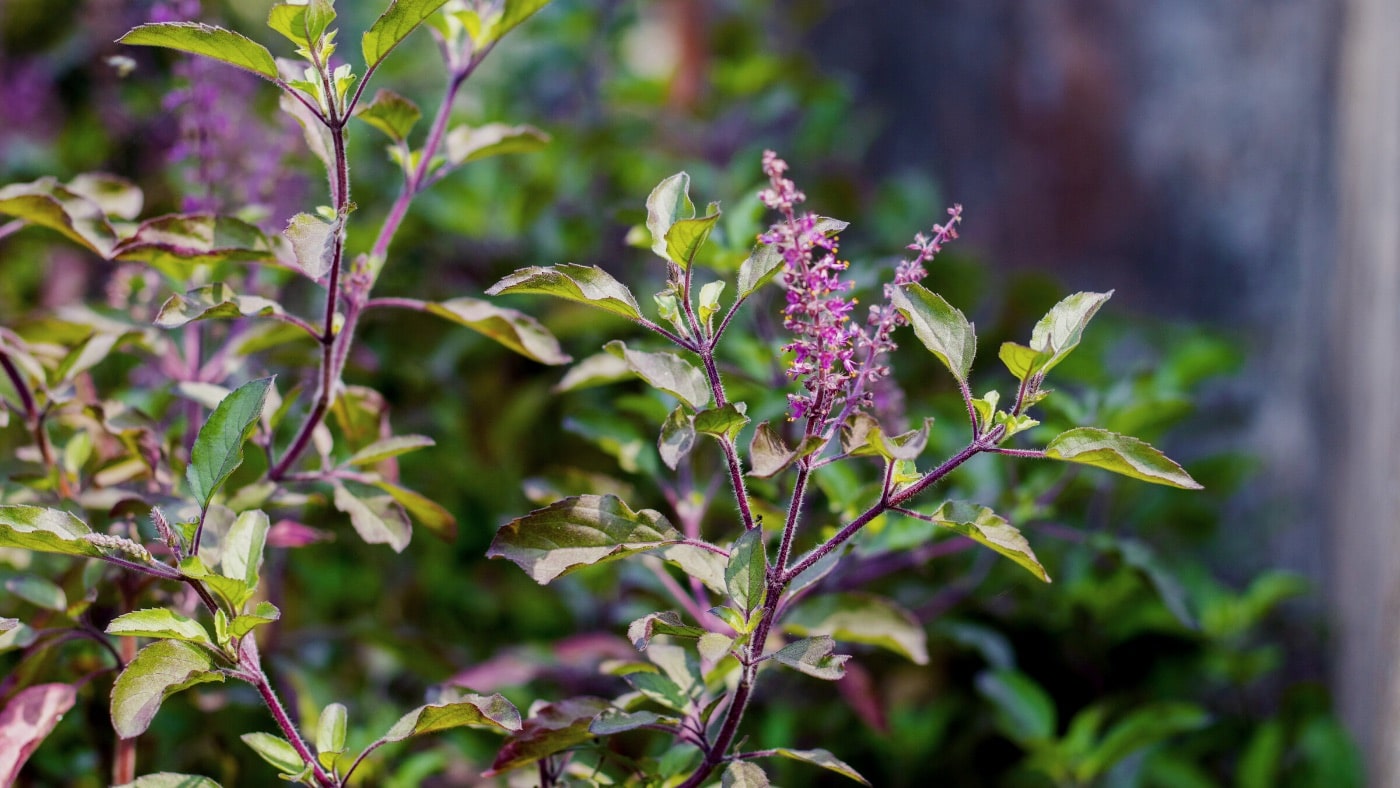

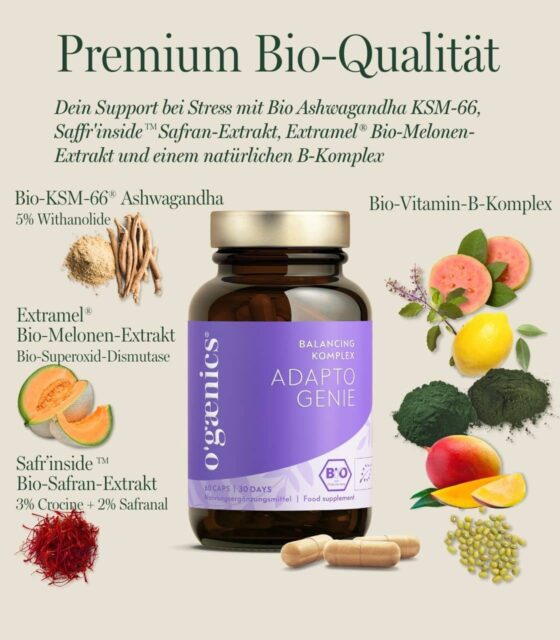
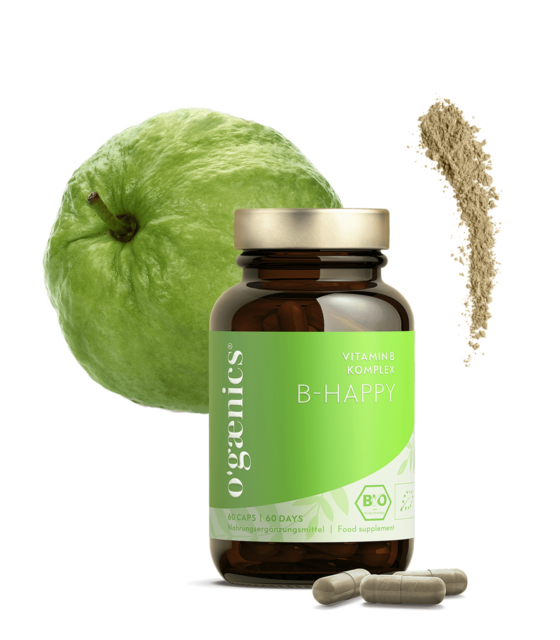
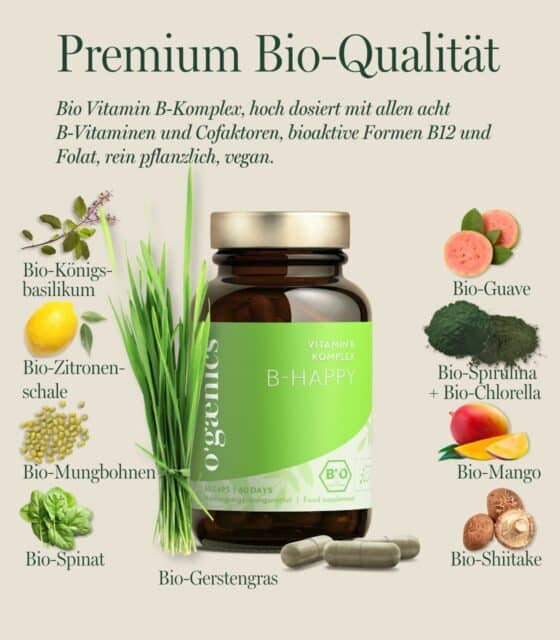





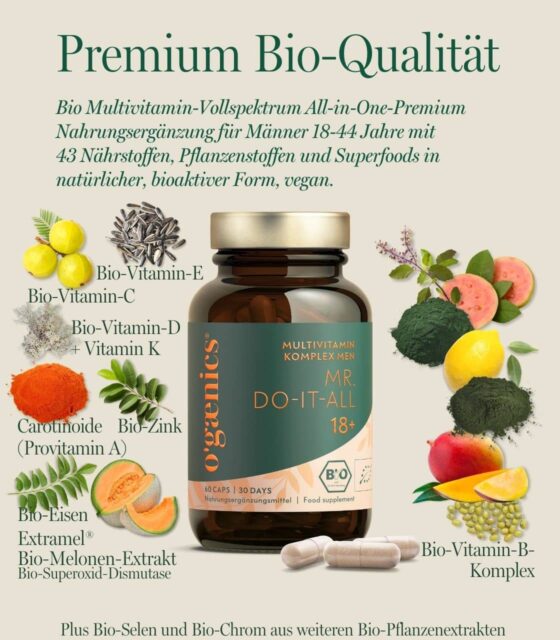
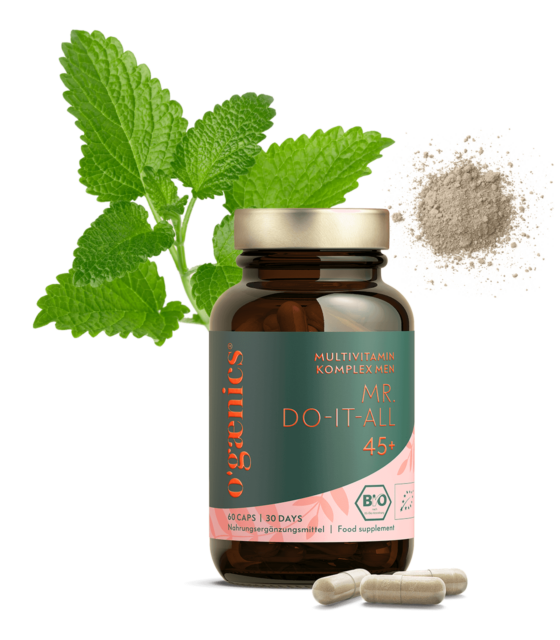

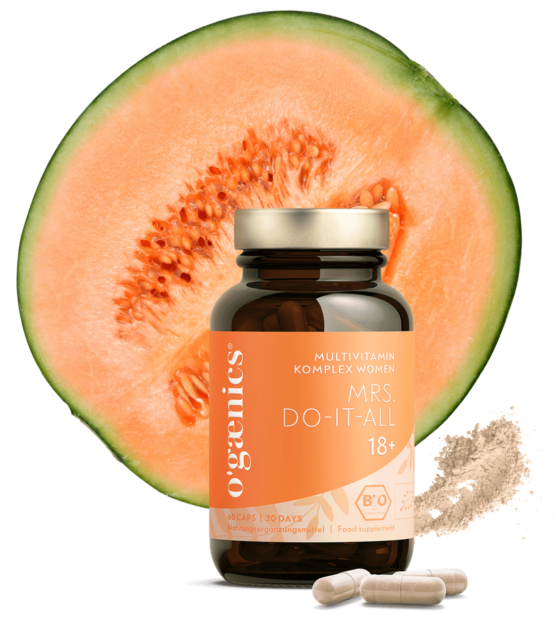
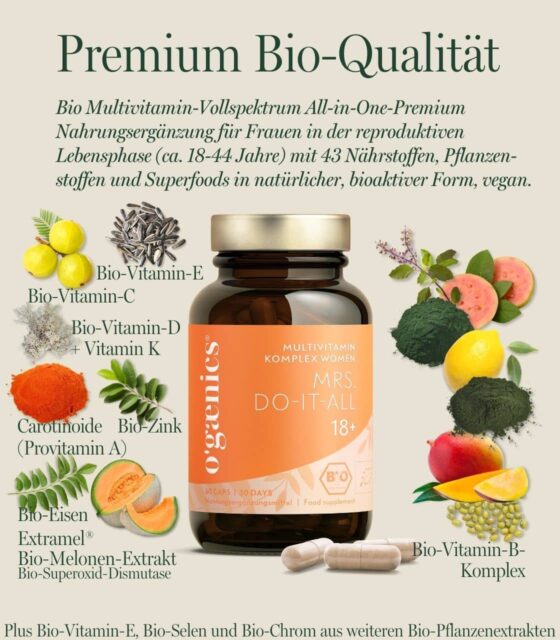
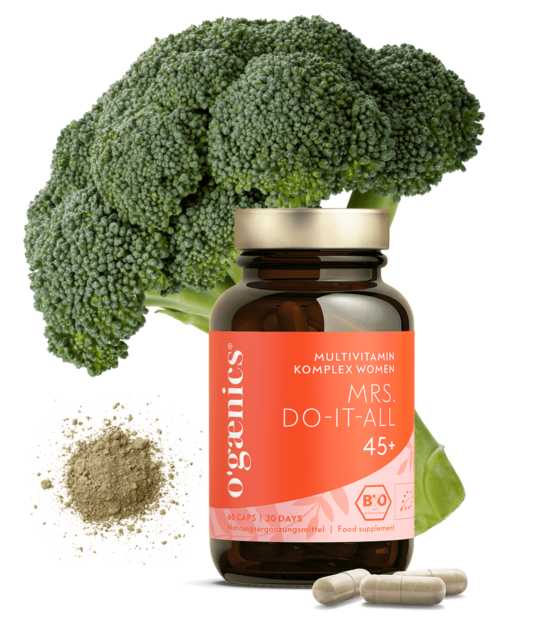




 No products in the cart.
No products in the cart.